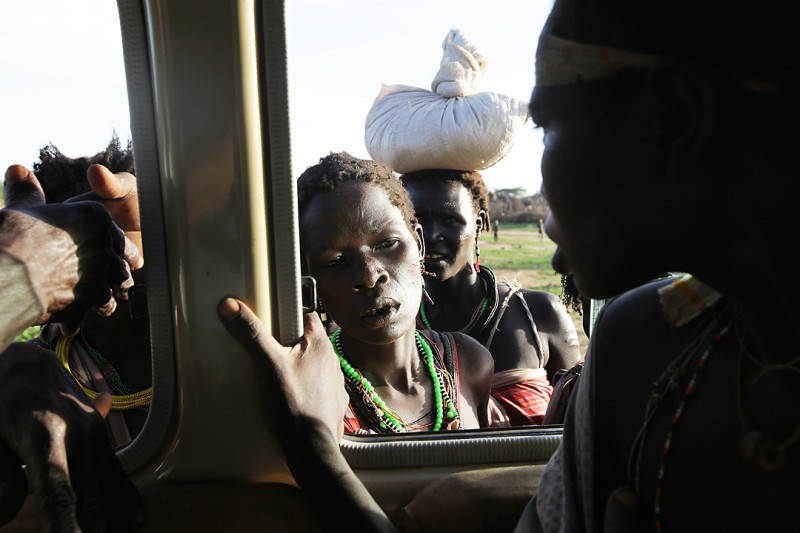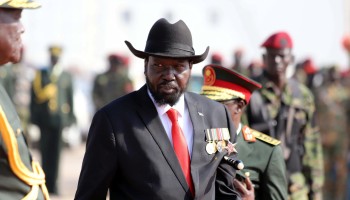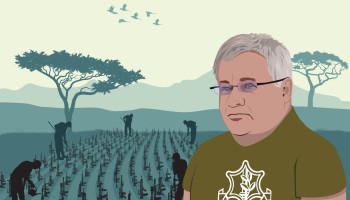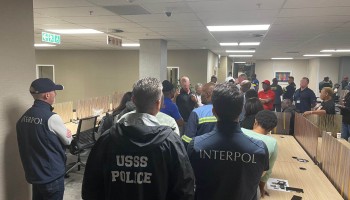Reported by
South Sudan’s leaders are looting public resources “through off-budget schemes, single-source contracts, and the manipulation of public procurement processes,” the investigative group The Sentry said Wednesday.
The group warned that systemic corruption is driving violence and political breakdown across the country, echoing a United Nations’ warning this week that corruption and political paralysis are pushing South Sudan to the brink of another war.
“This creates a zero-sum competition for power marked by the mobilization of ethnicities and the creation of various militia groups in the country,” the watchdog told OCCRP, adding that the diversion of public funds has left citizens without basic services and fueled local conflicts.
The UN Commission on Human Rights in South Sudan said the ruling elite has “deliberately stalled progress towards peace,” allowing armed violence and graft to spiral out of control.
In a statement after meetings at the African Union headquarters in Addis Ababa, the Commission described “a failure of leadership” in Juba that has left civilians exposed to abuses and pushed the fragile peace process to the brink of collapse.
“Unless there is immediate, sustained and coordinated political engagement by the region, South Sudan risks sliding back into full-scale conflict with unimaginable human rights consequences for its people and the wider region,” said Barney Afako, one of the commissioners. “South Sudanese are looking to the African Union and the region to rescue them from a preventable fate.”
South Sudan, which gained independence in 2011, has faced repeated bouts of violence since 2013, when fighting broke out between forces loyal to President Salva Kiir and his rival, Riek Machar. A peace agreement eventually led to a unity government, but tensions resurfaced this year after Machar’s arrest.
The Commission’s latest findings highlight how “unchecked, systemic corruption” continues to drive instability. A recent report detailed how senior officials have diverted public resources and obstructed accountability mechanisms, perpetuating cycles of violence and impunity.
Commissioner Carlos Castresana Fernández warned that “mounting armed clashes, mass displacement and fracturing of a peace agreement signed seven years ago demonstrate that South Sudan cannot rebuild without stability and justice.” He said “credible and independent mechanisms for justice and accountability” are crucial if the African Union and regional partners are to prevent another war.
At the same time, the humanitarian toll continues to rise. According to the UN Office for the Coordination of Humanitarian Affairs, about 300,000 people have fled South Sudan this year, bringing the number of South Sudanese refugees in neighboring countries to more than 2.5 million. Another two million are displaced internally, even as the country hosts more than half a million refugees from Sudan’s ongoing war.
Heavy rains and flooding have compounded the crisis. Nearly 890,000 people have been affected—more than double the number reported three weeks ago—with homes, crops, and infrastructure destroyed in Jonglei and Unity states. Many areas are now accessible only by canoe.
The UN says the $1.7 billion humanitarian response plan for 2025 is only 30 percent funded, which is down more than 40 percent from the same period last year.
As the country teeters on the edge of collapse, the UN panel’s message remains stark: without accountability and political reform, the world’s youngest nation could once again descend into devastating war.






